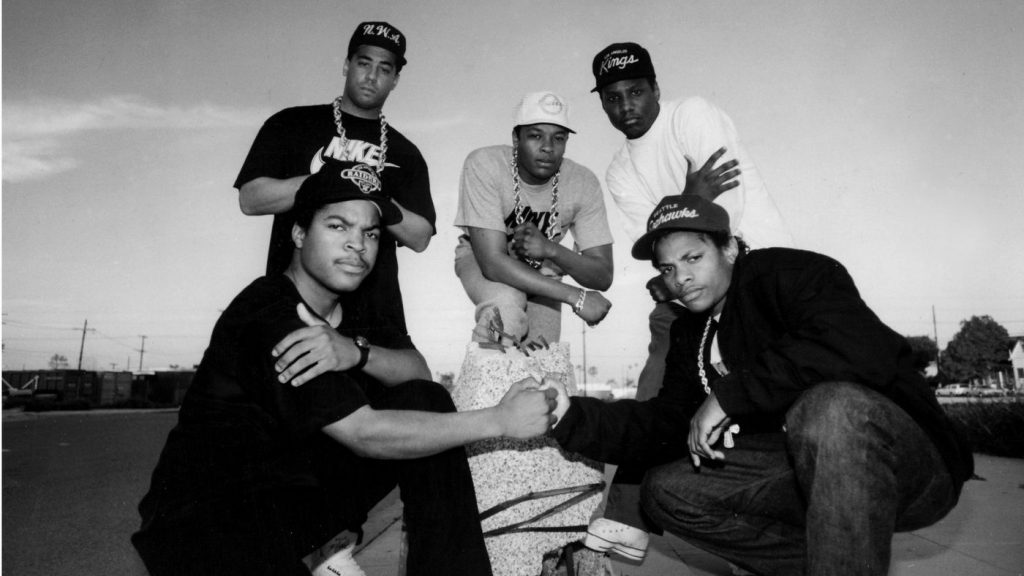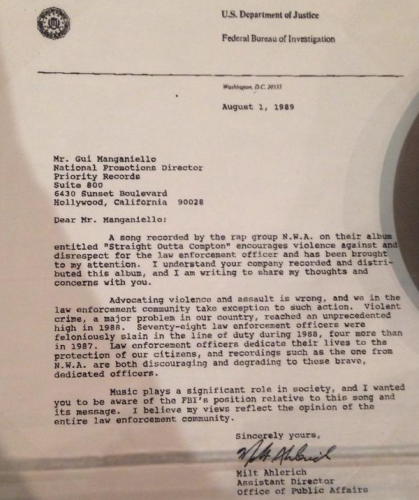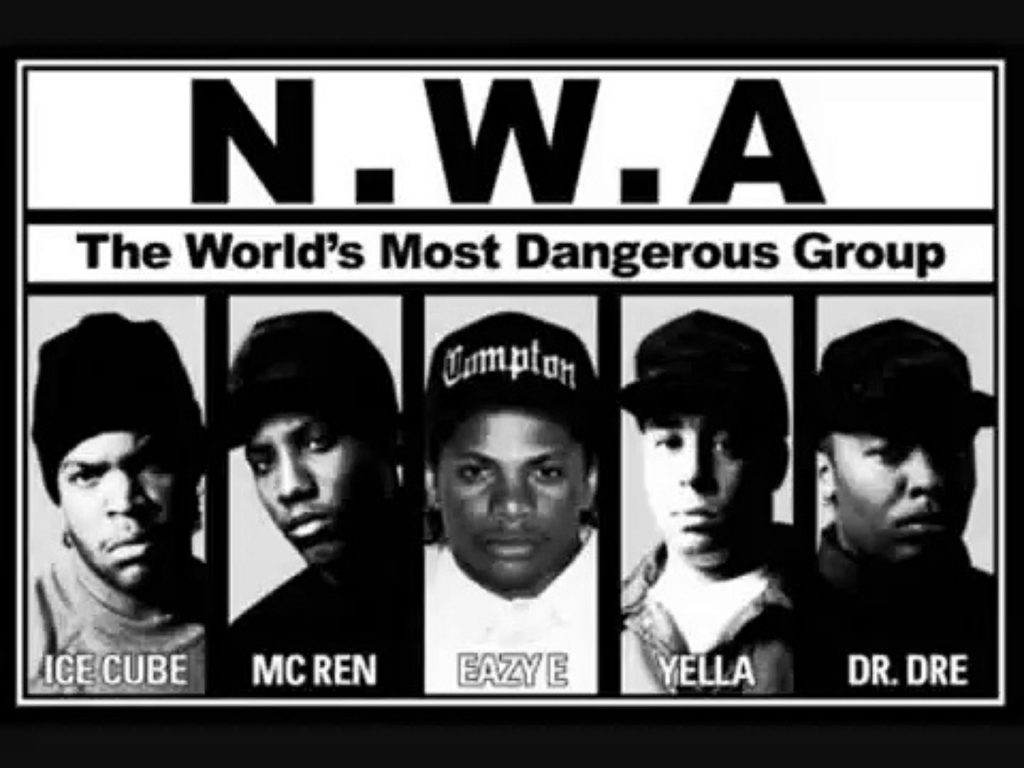On March 22nd, 2024 the track “Like That” was released by Future, Metro Boomin and Kendrick Lamar. Lamar escalated the existing feud between himself and hip hop mega-star and former child actor Aubrey Drake Graham. The two have a long history of collaboration and feuding stretching back over a decade; Drake gave Lamar of his first big breaks by having Lamar open for him on his 2012 tour.

The back and forth between Drake and Lamar spanned several months in 2024. The timeline for the tracks are as follows:
“Pushups” and “Taylor Made Freestyle” – Drake, April 19th
“Euphoria” – Lamar, April 30th
“6:16 in LA” – Lamar, May 3rd
“Family Matters” – Drake, May 3rd
“Meet the Grahams” – Lamar, May 3rd (20 minutes after “Family Matters”)
“Not Like Us” – Lamar, May 4th
“The Heart Part 6” – Drake, May 5th
Each track is worthy of discussing in its own right but the feud culminated in the track “Not Like Us” by Lamar. The track is a violent take down of both Drake and his label, OVO. THis was done with bars like “Say Drake I hear you like ’em young… Certified Lover Boy? Certified Pedophile.” Allegations of Drake’s inappropriate behavior with underage girls have circulated the internet for over a decade. A 2010 video has surfaced of 23 year old Drake inviting a fan on stage, kissing her neck, learning she is 17, saying “I can’t go to jail yet, Man” before kissing her neck again.

Lamar’s second verse on “Not Like Us” makes a historical and cultural critique of the music industry by comparing the struggles of slavery to the exploitation of black artists by the music industry. Lamar posits that Drake perpetuates this exploitation by using Atlanta based artists like Future, Lil Baby, and 21 Savage to gain credibility and make money. He rejects Drakes claim to Atlanta with the bar “No, You not a colleague you a fucking colonizer.”
Drake and Kendrick Lamar’s 2024 beef appears from the outside to be two mega stars squabbling but by looking deeper into the context and the lyrics of both of these artists there is a much deeper meaning to be gained about the music industry and hip hop culture. For a better, if lengthy breakdown of the beef by black culture critic I highly recommend F.D Signifier’s video “I’m What the Culture Feeling.”



